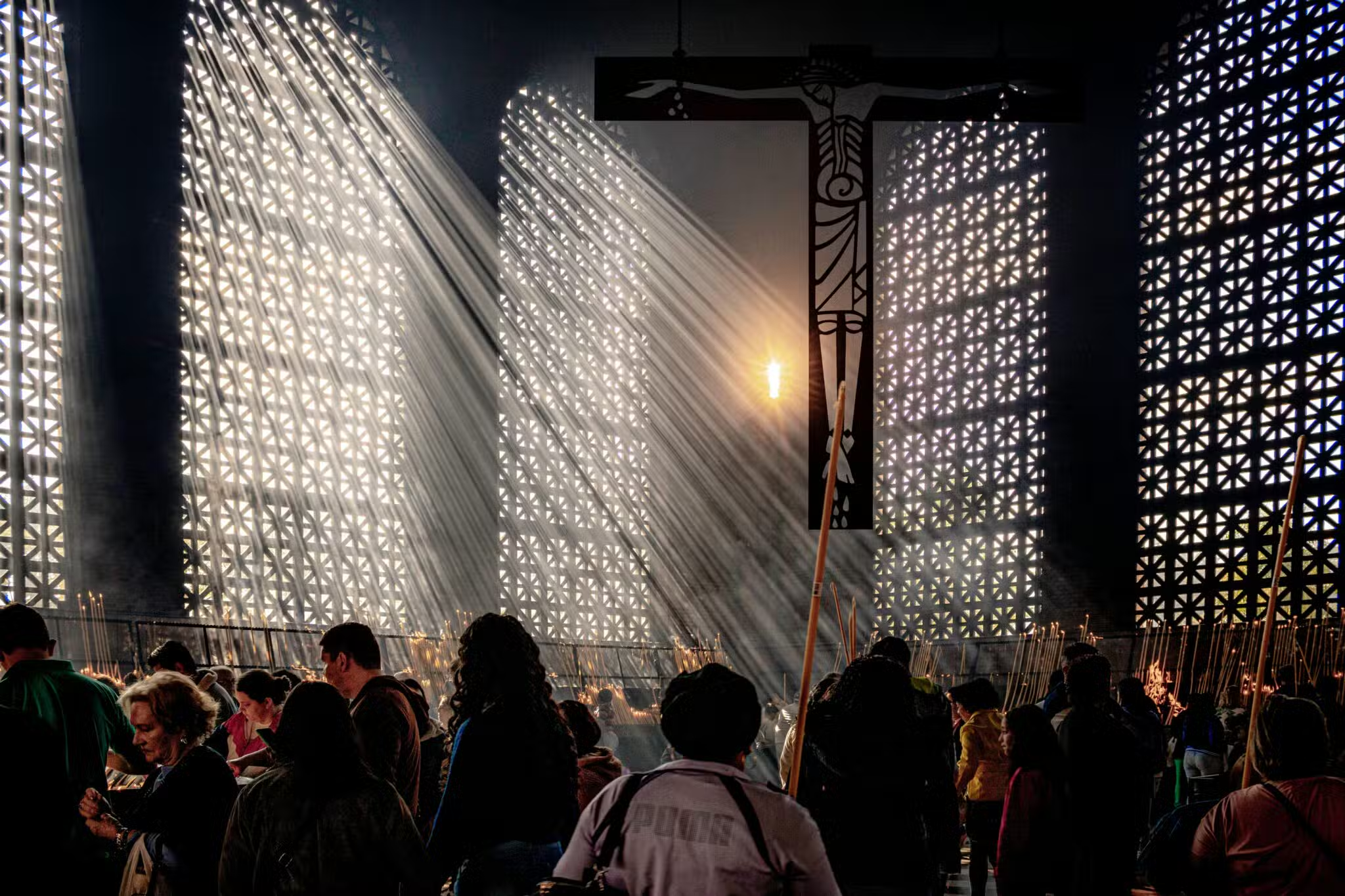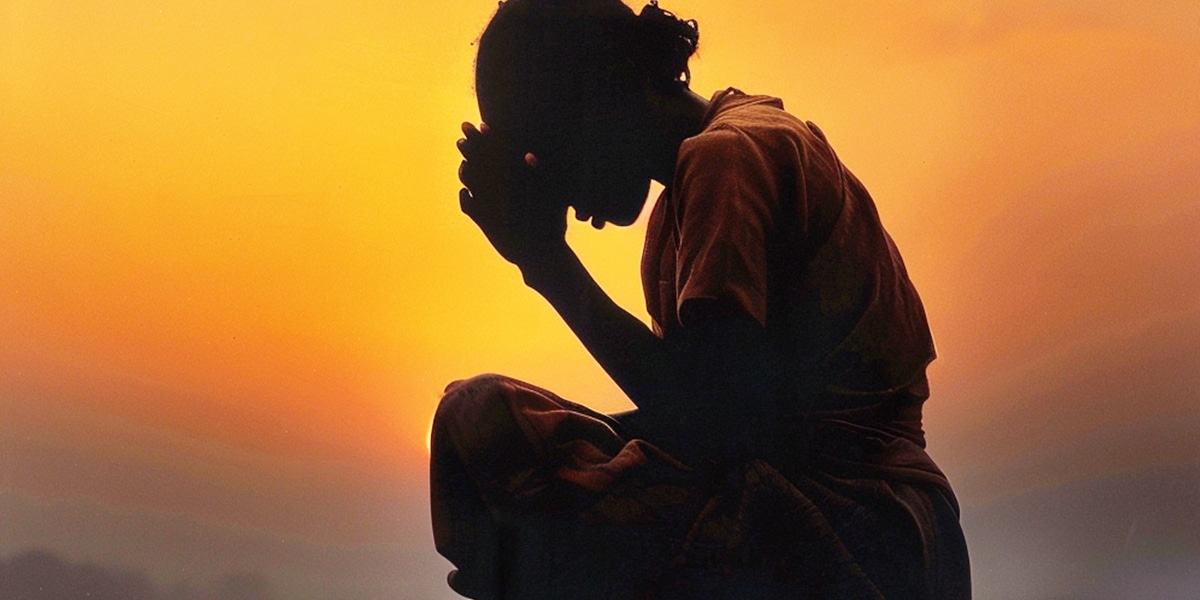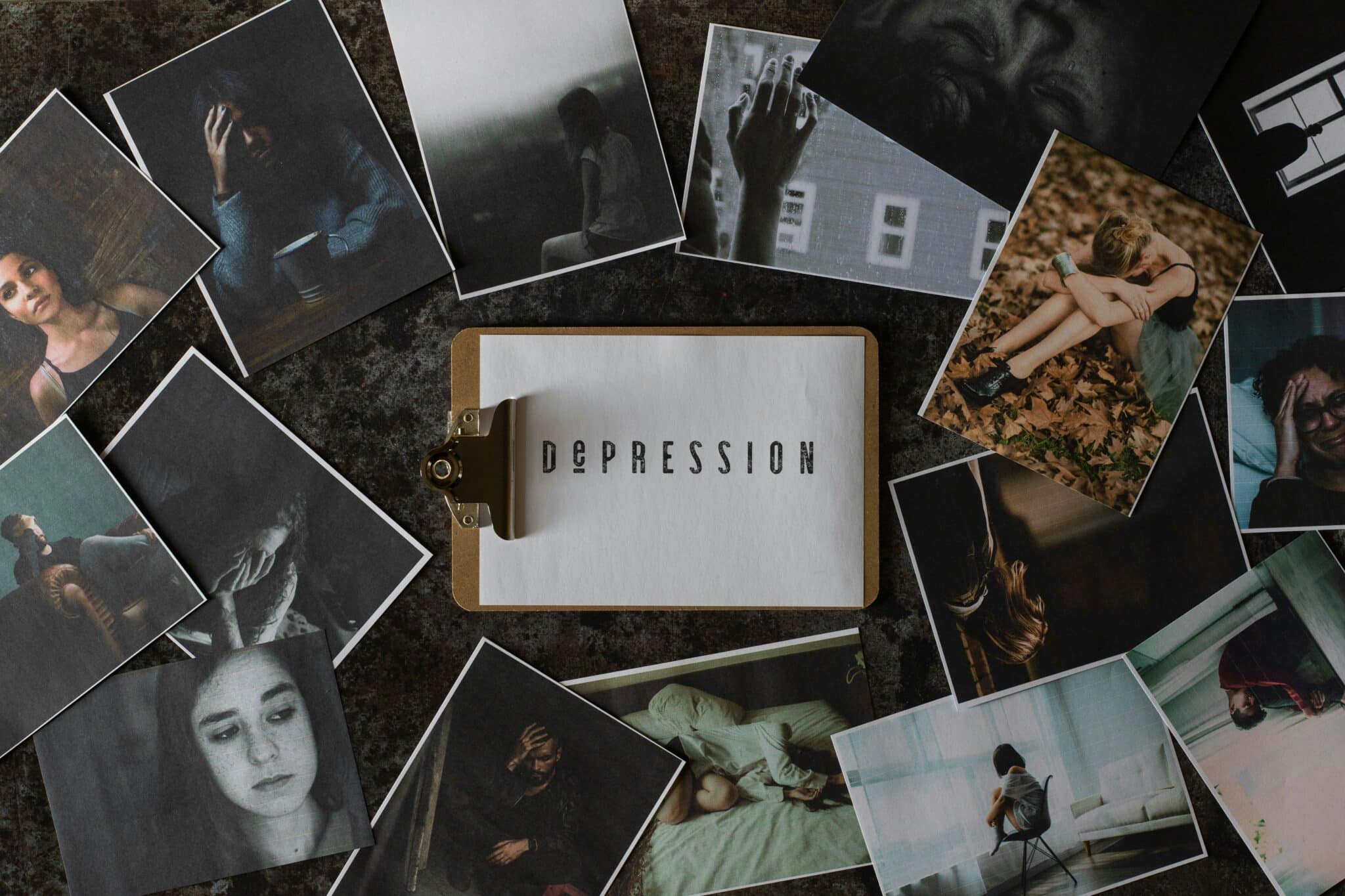Q. I recently heard that the Knights of Columbus spent over $500,000 on anti-gay literature. Where is this hatred of gays coming from? Also, can my local pastor refuse me Communion at Mass if I tell him that I am a member of Call to Action?
A. As a Knight of Columbus and the chaplain of its Council 1683, I receive considerable K of C literature. I would describe none of it as anti-gay. As an organization, they accept the Catholic Church’s teaching that homosexual people are to be respected and not discriminated against. Their public policy link at kofc.org reflects this.
Are you referring to efforts by the Knights of Columbus, through articles and ad campaigns, to keep marriage legally defined as the union of one man and one woman? In fact, that is its current legal definition in 39 states. That definition was reflected in the Defense of Marriage Act (DOMA) signed by President Bill Clinton on September 21, 1996. Last June, the US Supreme Court ruled 5-4 that DOMA was unconstitutional.
Marriage is any society’s most basic institution because it is the foundation of the family. Not every marriage will be blessed with children, but every child benefits from having loving parents of each gender. In certain circumstances, others may substitute for a child’s biological parents, but being raised by a mother and father is clearly ideal. It is neither hatred nor bigotry to point this out.
Regarding your second question, I am not aware of any diocese that indicates membership in Call to Action as disqualifying a person properly disposed from receiving Communion during Mass. There is no directive on this from the United States Conference of Catholic Bishops. People sometimes make such bans on their own authority. On the other hand, receiving Communion is not the time to make some statement other than one’s belief in the real presence of Jesus in the Eucharist.









1 thought on “Are the Knights of Columbus Anti-gay?”
This article is not factually accurate, nor was it accurate at the time it was published in 2020. The US Supreme Court found Section 3 of DOMA (denying federal recognition of marriage to same-gender couples) to be unconstitutional in 2013, not June 2019. The entirety of DOMA was not repealed until 2022. In 2020, no states had a “legal definition” of marriage that excluded same-gender couples, as the 2015 decision in Obergefell v. Hodges rendered all such definitions at the state level unconstitutional.
Regarding the claim that “being raised by a mother and father is clearly ideal,” Bos et al. (2016) found that “Children with female same-sex parents and different-sex parents demonstrated no differences in outcomes.” A 2014 literature review by Manning et al. stated that “To date, the consensus in the social science literature is clear: in the United States, children living with two same-sex parents fare, as well as children residing with two different-sex parents.” A 2015 literature review published by Cornell University found “75 studies concluding that children of gay or lesbian parents fare no worse than other children” compared with only four that concluded “children of gay or lesbian parents face added disadvantages.” Given the wealth of research on this issue, I would not describe “being raised by a mother and father” as “clearly ideal”—this assertion is at best unclear and opposes the overwhelming opinion of scientists who have studied the issue from many different angles.
Whatever one’s personal religious beliefs about the legitimacy of same-gender marriage, there is no need to share false information to attempt to justify these beliefs to those who disagree. Shouldn’t one’s faith be enough?